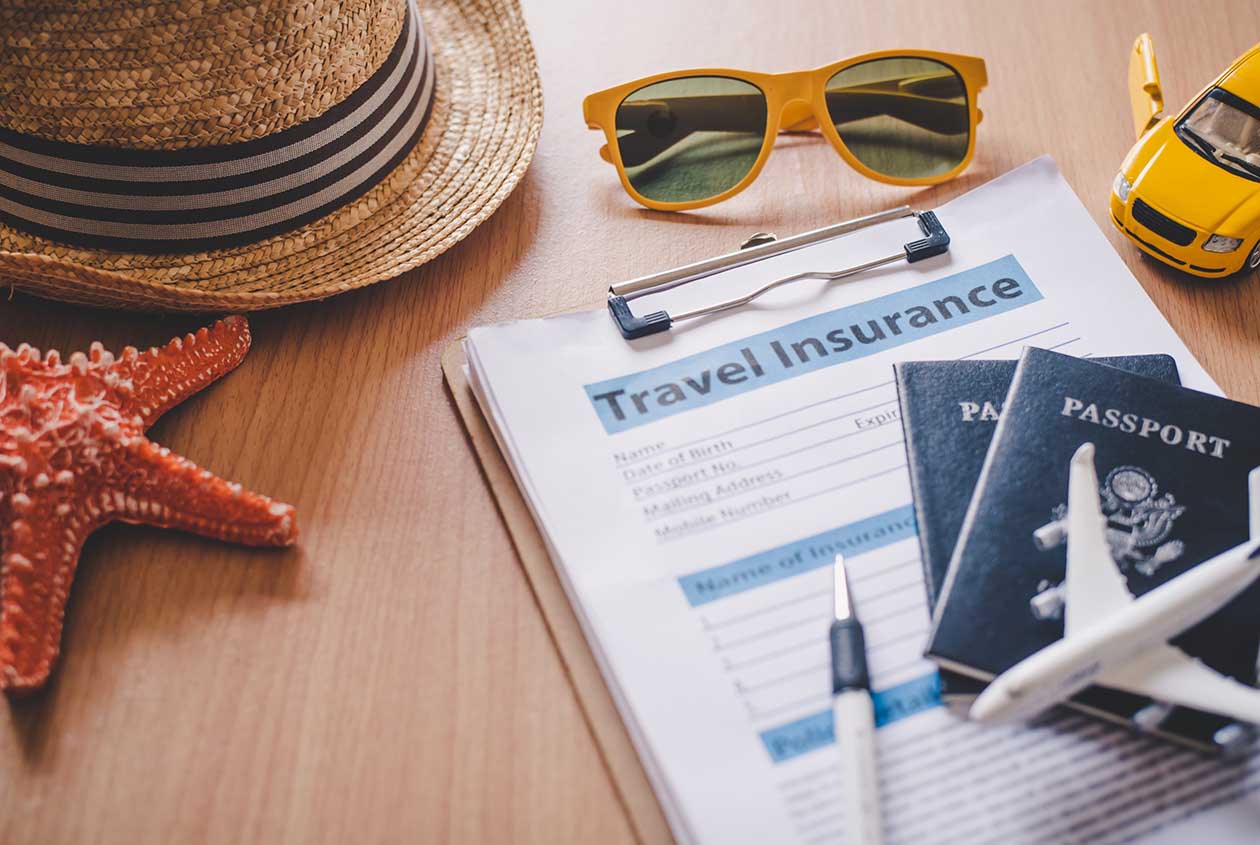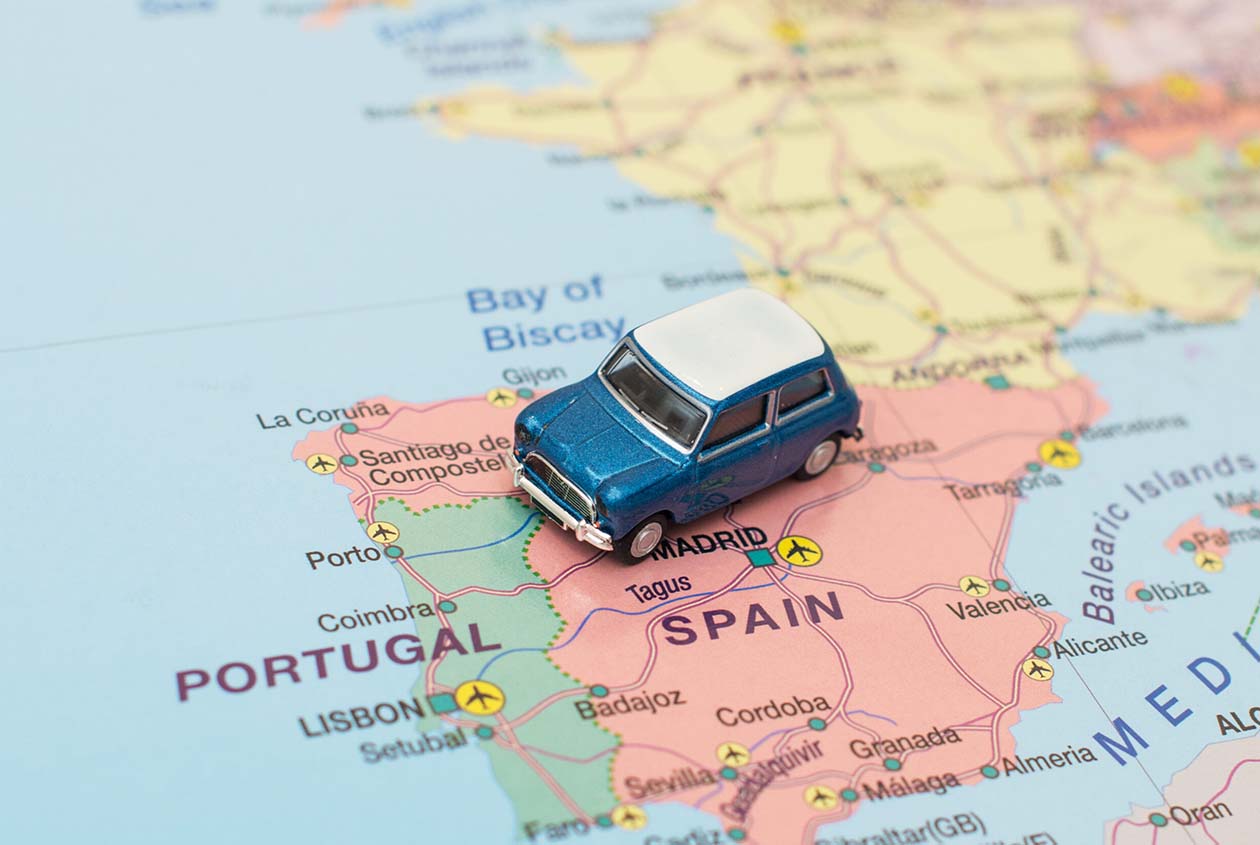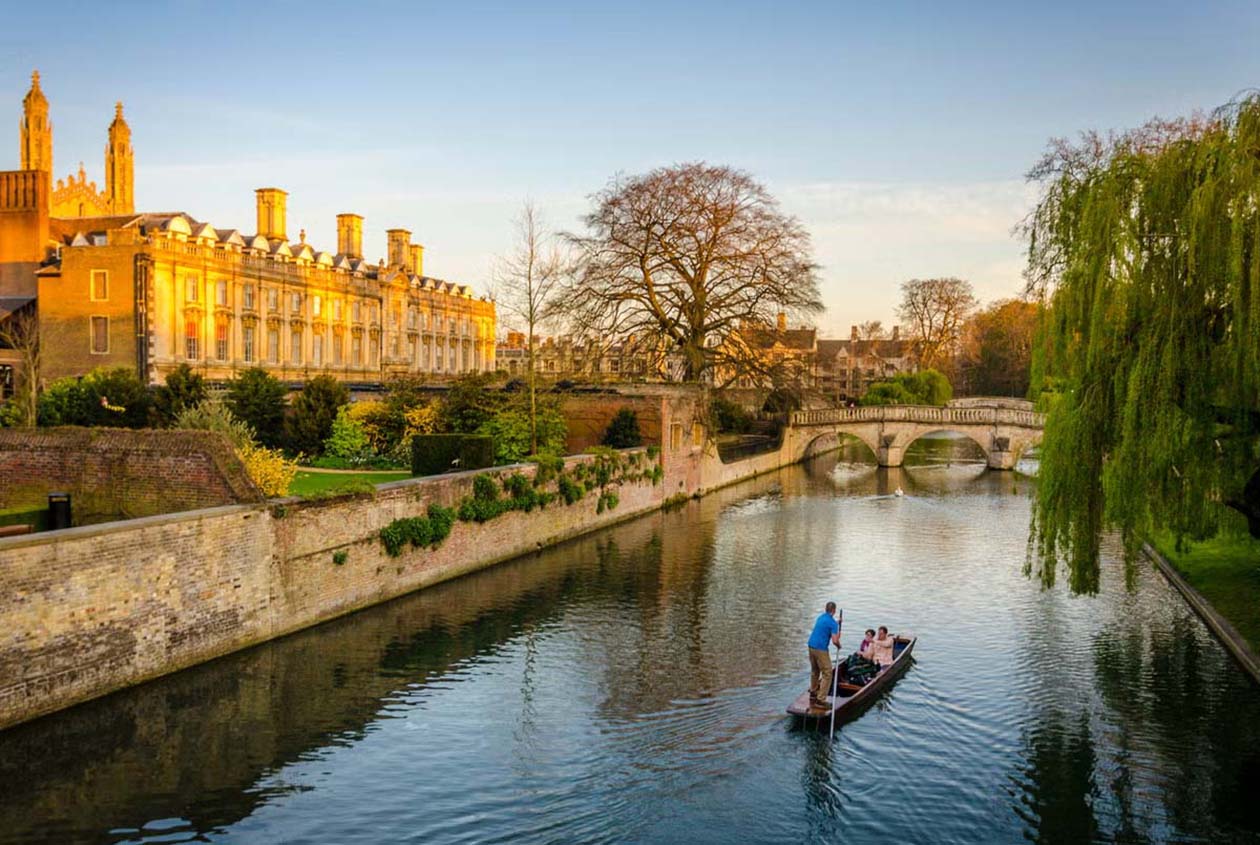Travel insurance is an essential part of every trip, especially when planning to visit places like Glasgow, which is rich in culture, history, and natural landscapes. An unexpected flight delay, health issues, or lost luggage can disrupt the flow of your trip and cause anxiety. To ensure every traveler’s journey to Glasgow is worry-free, I am providing a comprehensive travel insurance guide to help you choose the insurance plan that best suits your needs and understand how to use it to safeguard your rights during your trip.
1. Why Choose Travel Insurance?
Travel insurance provides coverage for various unexpected situations that may occur during your trip, reducing the financial pressure caused by emergencies. Whether it’s health problems, flight cancellations, or lost luggage, travel insurance can offer the necessary assistance and support.
- Health Coverage: If you suddenly become ill or get injured during your trip, especially in a foreign country, the insurance will cover part or all of the medical expenses.
- Flight Delay or Cancellation: Delays or cancellations of flights may incur additional accommodation and transportation costs, and travel insurance can help reimburse these expenses.
- Lost or Damaged Luggage: Lost or damaged luggage is a common problem, and insurance can help compensate for the loss.
- Emergency Evacuation: If a disaster or accident occurs, travel insurance may cover the cost of emergency evacuation.
2. Types of Travel Insurance for Glasgow
There are several types of travel insurance, each designed to meet different needs. Understanding these types can help you choose the plan that best fits your requirements.
2.1 Medical Insurance
Medical insurance is one of the most important aspects of travel insurance, especially when you travel to a foreign city like Glasgow. If you encounter health issues during your trip, travel insurance will help pay for medical treatment, including hospitalization and emergency services.
- Coverage: Sudden illness, accidental injury, hospitalization, medication costs, etc.
- Important Note: Ensure the insurance covers all the medical services you may need, such as emergency care, dental emergencies, etc.
2.2 Trip Cancellation or Interruption Insurance
Sometimes, travel plans may be canceled or interrupted due to various reasons, such as sudden health problems or family emergencies. Trip cancellation or interruption insurance will compensate you for the loss when your trip is canceled or interrupted.
- Coverage: Compensation for canceled or interrupted trips due to health problems, family emergencies, etc.
- Important Note: Check the insurance policy to ensure that the reasons for cancellation align with your situation.
2.3 Luggage Insurance
Luggage loss or damage is a common issue, especially on long flights. Luggage insurance provides compensation to help you handle these inconveniences.
- Coverage: Lost, damaged, or delayed luggage.
- Important Note: Understand the compensation standards and procedures; some insurance companies may require proof of the lost luggage.
2.4 Emergency Evacuation Insurance
If you encounter natural disasters or emergencies during your trip, emergency evacuation insurance will cover the cost of evacuation, including the airfare back to your home country and emergency accommodation expenses.
- Coverage: Evacuation costs due to natural disasters, terrorist attacks, or other emergency situations.
- Important Note: Some insurance companies may limit the reasons and conditions for emergency evacuation, so ensure you understand the terms in advance.

2.5 Personal Liability Insurance
Personal liability insurance provides compensation in case you cause injury to others or damage to their property. While this is not a common occurrence, it provides necessary legal and financial protection if such an incident occurs during your trip.
- Coverage: Compensation for injury or property damage caused by the traveler’s negligence.
- Important Note: Carefully review which situations are covered.
3. How to Choose the Right Travel Insurance?
When selecting travel insurance, we need to make decisions based on our needs, travel plans, and budget. Here are several key factors to consider when choosing insurance:
3.1 Determine the Coverage of Your Travel Insurance
Different insurance companies and products offer different coverage. When selecting travel insurance, the first thing you need to do is clarify what you need coverage for, whether you have specific needs (e.g., health issues, outdoor activities, etc.). Common coverage includes medical insurance, trip cancellation, luggage loss, etc.
3.2 Understand the Deductible
The deductible is the amount of money you must pay out of pocket before the insurance company covers the remaining costs. Choosing an insurance policy with a lower deductible can reduce your burden, but you may have to pay higher premiums.
3.3 Evaluate the Reputation of the Insurance Company
Choosing a reputable insurance company is very important, especially when it comes to claims. You can check customer reviews, claim cases, and policy terms to understand the service quality and efficiency of claims processing.
3.4 Confirm the Policy’s Validity and Geographic Coverage
Ensure that the insurance you purchase covers the entire duration of your trip, including before departure, during the trip, and after your return. Additionally, confirm that your insurance is valid in Glasgow and other relevant areas, especially if you are traveling across multiple countries.
3.5 Compare Prices and Services of Different Insurance Products
Different insurance companies and products have significant price differences. You can choose the most cost-effective insurance based on your needs and budget. Online comparison platforms (like Squaremouth, InsureMyTrip) are great tools that help you quickly compare prices and coverage of different insurance products.
4. Common Risks During a Trip to Glasgow
When traveling to Glasgow, there are certain risks that you should be particularly aware of, as they could impact the smooth flow of your trip. Being mindful of these risks will help you stay prepared and minimize the chances of them affecting your experience in this beautiful city.
4.1 Traffic Accidents
Glasgow’s public transport system, which includes buses, subways, and trains, is generally safe and well-organized, but like any major city, traffic accidents can still occur. Accidents might involve public transport vehicles, cars, or pedestrians. If you plan to use public transportation, make sure to stay alert when crossing roads or waiting at bus stops. If you plan to rent a car and drive around the city, be extra cautious, especially if you’re unfamiliar with local driving customs. Glasgow has narrow streets in some areas, and parking can be a challenge. Pay attention to road signs, traffic signals, and always follow local driving rules, as they may differ from those in your home country. Additionally, the weather conditions, particularly during the winter, can make roads slippery and dangerous, so extra care should be taken when driving in those conditions.
4.2 Natural Disasters
While Glasgow is located in a temperate climate zone, the weather can be unpredictable, especially during the winter months when conditions can turn extreme. Heavy rain, strong winds, snowstorms, and even occasional floods are not uncommon. The city’s coastal proximity and its geographical location in the west of Scotland mean that you could experience sudden and severe weather changes. For example, blizzards can create hazardous driving conditions, and heavy rainfall may lead to localized flooding in certain areas. To be well-prepared, it’s important to check weather forecasts regularly, and if you’re traveling during the colder months, make sure your travel insurance includes coverage for emergency evacuation due to severe weather. Always carry an umbrella or waterproof jacket, as Glasgow is known for its frequent showers, even during the summer.

4.3 Theft and Scams
Like most major tourist cities, Glasgow has areas that are more prone to petty theft, pickpocketing, and scams, especially in crowded tourist hotspots. Busy locations such as George Square, Buchanan Street, and around the Glasgow Central Station can attract opportunistic thieves who may target tourists. Scams might also include fraudulent taxi services, overcharging at tourist spots, or individuals posing as street performers or beggars who are actually trying to distract you while they take your belongings. To avoid becoming a victim, always keep your valuables in secure places, such as a money belt or a locked bag. Be cautious when approached by strangers asking for money or offering unsolicited services. When using public transport, be aware of your surroundings and ensure your personal belongings are safely secured. Avoid leaving your wallet, phone, or camera in easily accessible pockets, and always double-check that your bags are zipped up.
5. How to Use Travel Insurance in Glasgow?
When traveling in Glasgow, it is important to understand how to use your travel insurance. Here are some common scenarios:
5.1 In Case of Injury or Illness
If you suffer an injury or become ill during your trip, contact the emergency medical assistance service provided by your insurance company immediately. Be sure to keep all relevant medical receipts and bills for later claims.
5.2 In Case of Flight Delays or Cancellations
If your flight is delayed or canceled, you can contact your insurance company to apply for compensation for flight delays. You will need to provide flight information, delay times, and other supporting documents.
5.3 In Case of Lost Luggage
If your luggage is lost during the trip, immediately report the loss to the airline and keep the relevant documents (such as the loss report, luggage tracking number). Then, submit a claim application to your insurance company.
Travel insurance is a must-have companion for every traveler, especially for international destinations like Glasgow. By choosing the right travel insurance, you can receive timely assistance and compensation when facing unexpected situations, ensuring that your trip is more relaxed and worry-free.



